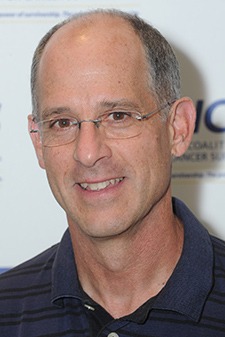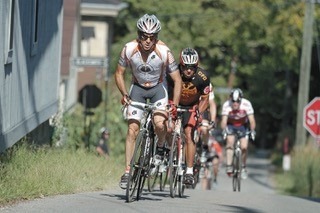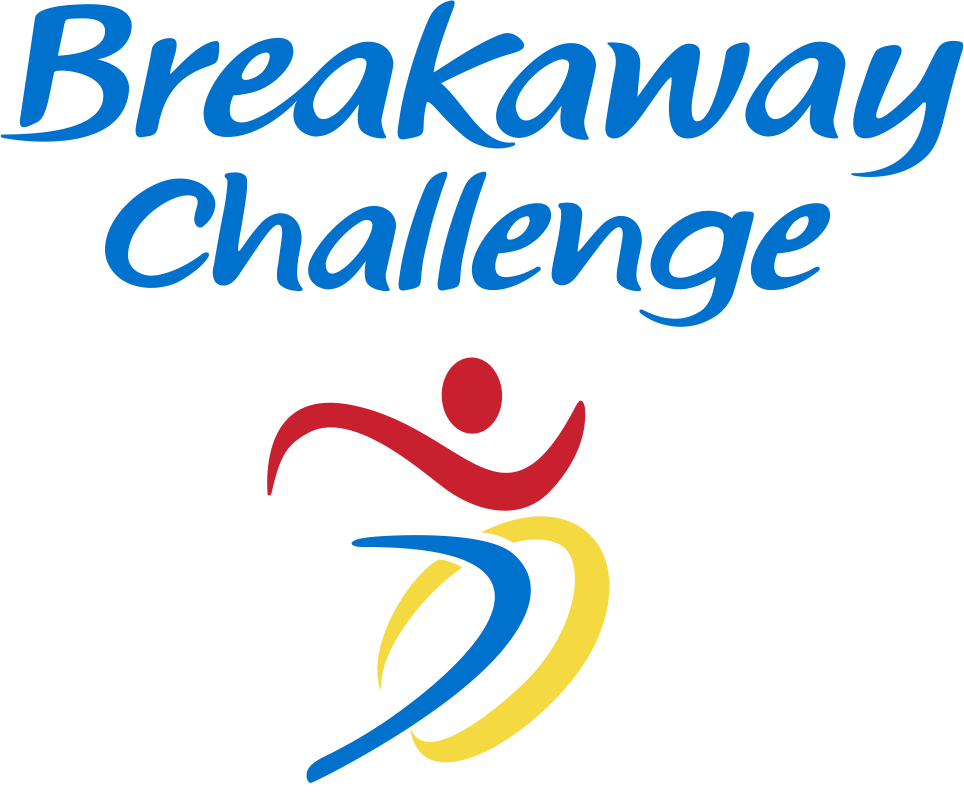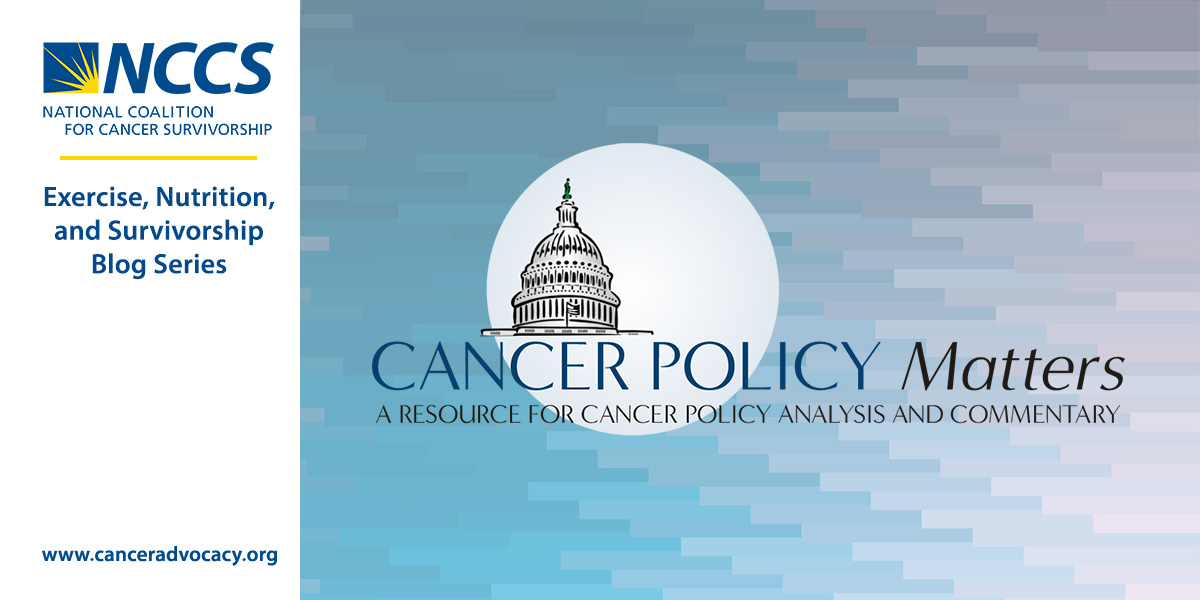Diagnosed with Cancer? Consider Living Life Like a Professional Cyclist
 Exercise, Nutrition, and Cancer Survivorship Blog Series
Exercise, Nutrition, and Cancer Survivorship Blog SeriesSince 2005, NCCS has been a partner in Breakaway from Cancer® (BFC), sponsored by the Amgen Tour of California. As part of this year’s partnership, NCCS developed a blog post series, written by cancer survivors and experts, focusing on health and wellness during and after treatment. Whether you are a patient, survivor, or family member, we hope you find this series helpful and ask that you share it with your networks.
 Guest Post by Mark Corroto
Guest Post by Mark Corroto
Cancer Survivor
“Ask not what your oncologist can do for you, ask what you can do for your own health” (with apologies to JFK’s 1961 inaugural address).
When the oncologist delivered the bad news, I was not fazed. That’s probably because it was my second cancer diagnosis. I asked “OK, what’s my role? What can I do?” “Nothing,” he said, “I’ll administer your treatments.”
Wrong answer, but I should have guessed this, since he carried a flip phone and probably has a dial-up modem.
I say “wrong answer” because the passive patient era—accepting treatment as if on a predetermined conveyor belt—must come to an end. The future of oncology should require that patients play an active role in their survival.
I recommend those diagnosed with cancer consider living life as if they are a professional cyclist. Ok, not racing 100 miles and climbing 10,000 feet of elevation, but attending to their minds and bodies as if preparing for the Amgen Tour of California.
Cyclists look for every edge they can proffer to defeat opponents. For example, World Champion Peter Sagan is said to get 9 hours of sleep a night, and many cycling teams are adding meditation to their workout schedules. Athletes train and race better when they eat nutritious foods and balance their bodies by getting proper sleep and reducing stress. Athletes call these “marginal gains.”
The very same strategies can be applied to cancer survival.
Recent studies suggest exercise in between chemotherapy sessions makes the treatment more effective, lessens side effects, and can even reduce the number of sessions. Same for those yet to undergo radiation and/or surgery. Why did my oncologist not tell me about these? Maybe because he was too busy, and maybe because he had no training in exercise physiology and nutrition.
The fact is, there is nothing better for the body (athlete or survivor) than a good night’s sleep. Which can generally be attributed to getting some exercise, preferably outside in nature. These practices have been found to greatly reduce the incidences of recurrence, because sleep fosters natural killer cells (NKC) that attack cancer.
Cancer survivors certainly have a lot on their plates, but when we are diagnosed, during treatment, and after treatment, there is an opportunity to focus on your body/mind and create new healthy habits. Although a cancer diagnosis initiates a stressful sprint, you eventually realize life is actually a multistage grand tour and as a survivor, you are an endurance athlete. Maybe the ultimate endurance athlete.
 So, what can give us these marginal gains, these competitive edges over cancer? First of all, exercise: strength, balance, and aerobic conditioning. After exercise, recovery becomes essential. That’s where good nutrition, proper hydration, and stress reduction come into play. Let me again misquote a legend, Yogi Berra: “Cancer survival is 90 percent mental. The other half is physical.” Don’t discount a healthy meditation practice or spiritual life as building blocks of your survival regime.
So, what can give us these marginal gains, these competitive edges over cancer? First of all, exercise: strength, balance, and aerobic conditioning. After exercise, recovery becomes essential. That’s where good nutrition, proper hydration, and stress reduction come into play. Let me again misquote a legend, Yogi Berra: “Cancer survival is 90 percent mental. The other half is physical.” Don’t discount a healthy meditation practice or spiritual life as building blocks of your survival regime.
The key is to find something that works for you. Think about it—you have the rest of your life to find your activities. Walk to the coffee shop instead of driving, run a 5K, bike a century (or your age) in miles, try yoga, tai chi, qi gong, acupuncture, reiki, dance, massage, journaling, poetry, hypnosis, or forest bathing (yes, it’s a thing).
Movement, good nutrition, and great sleep reduce inflammation and slow stress hormones. Doing these with a friend doubles their effectiveness. Well, maybe not the sleep component (or does it?).
Find a decent activity and sleep tracker, and watch yourself improve. It doesn’t matter where you start or at what level. Celebrate all victories, be it taking the stairs instead of the elevator or perfecting your downward dog. Each marginal gain you add moves you one step higher on the survivor’s podium. Ask not what your oncologist can do for you; the other half is up to you.
# # #
About the Author: Mark Corroto is not a professional cyclist, but he loves to race his bicycle. He’s also not a doctor and he doesn’t play one on TV. After being diagnosed with a myxoid liposarcoma in 2014 and chronic lymphocytic leukemia (CLL) in 2016, he read many books (big ones, some without pictures) and scholarly articles before founding Fear Less Survivors Cancer Coaching in 2018. Mark can be reached at FearLessSurvivors@icloud.com.
Listen to Mark’s interview on the Reach Beyond Cancer podcast »
Note: The views & opinions expressed in any guest post featured on our site are those of the guest author and do not necessarily reflect the opinions & views of the National Coalition for Cancer Survivorship. Read our blog and comment policies here.
Amgen Breakaway Challenge
 This year, Amgen launched the Breakaway Challenge, where participants can turn their walking, running, or cycling miles, into supporting the fight against cancer and heart disease.
This year, Amgen launched the Breakaway Challenge, where participants can turn their walking, running, or cycling miles, into supporting the fight against cancer and heart disease.
From May 1 to June 12, for every mile you walk, run, or ride, $1 is donated to Breakaway partner organizations like NCCS. Learn more and sign up today at AmgenBreakawayChallenge.com




